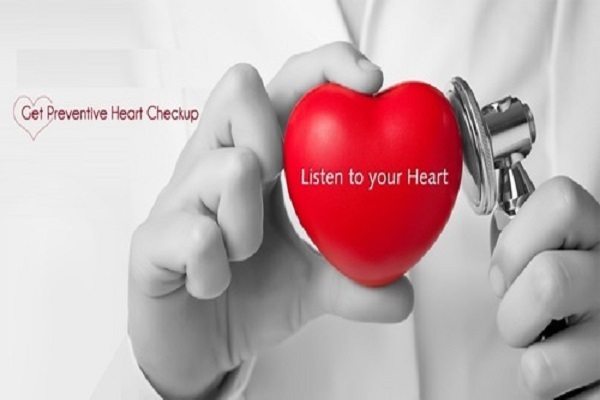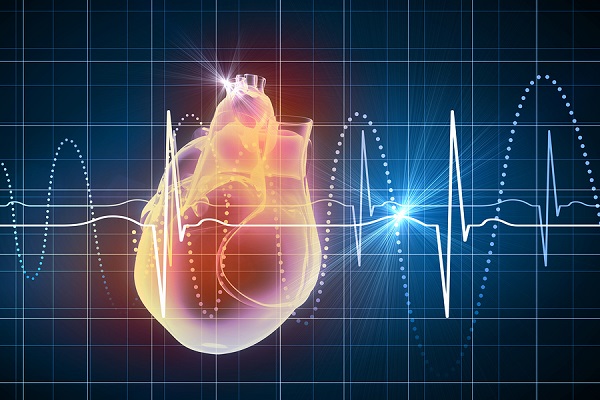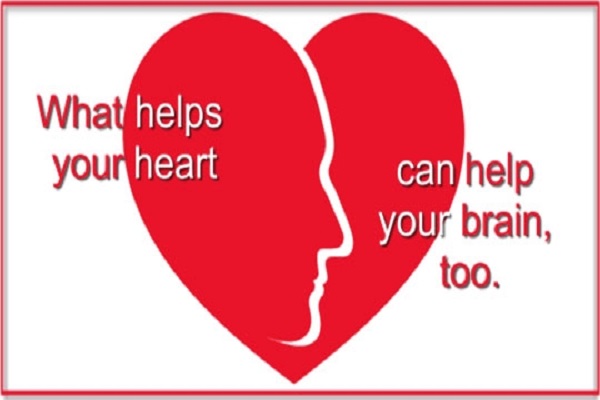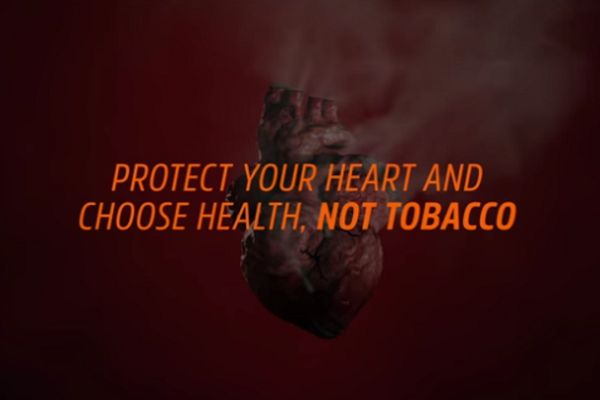A myocardial infarction is a dangerous cardiovascular disease that can kill a patient's life. However, you can completely prevent a heart attack if you have proper treatment for cardiovascular disease and know how to take care of your health to minimize the risk factors.
Triggers of a heart attack
- Coronary artery disease: This is the main cause of myocardial infarction, atherosclerotic plaques form in the artery of the artery causing narrowing of the arteries, nourished myocardium with damage and necrosis.
- High blood pressure: High blood pressure increases the pressure of blood against artery walls and damages the formation of atherosclerotic plaques.
- High cholesterol and triglycerides: These "bad fats" can deposit and build up in the lumen, forming plaque.
- Diabetes: High blood sugar damages blood vessels including coronary arteries.
- Obesity: The degree of obesity is directly proportional to the risk of heart attack.
- Tobacco smoke: damaging blood vessels, increasing the risk of atherosclerosis.
- Advanced age: The risk of myocardial infarction increases with age (men after age 45, women after age 55).
- Family history of heart disease: The risk of a heart attack increases if you were born in a family with someone with cardiovascular disease.
- Actively screen and prevent myocardial infarction in the elderly.

Get preventive heart checkup
Prevention of a heart attack
Myocardial infarction can be prevented by active treatment of cardiovascular diseases associated with adjusting to a healthy scientific lifestyle.
A heart attack occurs when blood flow to the heart muscle is completely blocked, causing heart muscle cells to gradually die, the patient may stop the heart and die or if lucky to leave will leave a lot. severe sequelae difficult to recover.
- Ventricular aneurysm: occurs in 10-30% of cases of myocardial infarction with symptoms of heart failure, occlusive hypertension.
- Ventricular arrhythmia: often associated with ventricular aneurysm and patients must place pacemakers when ejection fraction EF <35%.
- Heart failure: after myocardial infarction, cardiac function weakens and may progress to heart failure.
Many people with coronary artery disease have an unstable atheroma that can burst and create a blood clot that causes a coronary artery at any time, including at rest. There are even cases where the patient does not show any abnormal symptoms before a heart attack occurs leading to sudden, unexplained death. Therefore, in addition to timely emergency, the prevention of early myocardial infarction is very important to help patients live healthier and longer.
Understanding people at high risk for myocardial infarction will help patients become aware of the important role of well-controlled risk factors, thereby preventing myocardial infarction from occurring. long service life.
Coronary artery disease, hypertension, dyslipidemia, and diabetes are the leading causes of heart attack. Patients should adhere to the doctor's prescription, do not arbitrarily stop using the drug, reduce the dose, skip the dose to prevent the disease from progressing and prevent a heart attack. Recent studies have shown the effect of controlling risk factors:
- Reduce blood cholesterol: reducing 10% of blood cholesterol level will help you reduce up to 21% risk of death from heart attack due to coronary heart disease.
- Control blood pressure: For patients with high blood pressure, the reduction of 5-6 mmHg diastolic blood pressure will help reduce the incidence of myocardial infarction signs down to 14%.
- Manage blood sugar: the rate of myocardial infarction in 10 years in patients with diabetes decreased by 15% if the HBA1c concentration decreased by 0.9%.
Using herbal-based health supplements like Ich Tam Khang is also an effective solution to increase blood flow to the heart muscle, reduce blood cholesterol levels, prevent plaque formation and blood clots block coronary arteries, thereby helping patients prevent the risk of heart attack and future heart failure complications. Many people have managed to prevent a recurrence of a heart attack after using Ich Khang Khang supportive products. Listen and share from a patient through the following video:
Healthy Lifestyle to Prevent Heart Attack
A healthy lifestyle is very important, especially in those who have a risk for heart diseases, like individuals who are obese, people with a family history of heart attack, smokers, sedentary lifestyle, etc.
Diet: One should avoid fatty, oily, and high-calorie diet. Individuals should consume five or more servings of fruits and vegetables daily. This decreases the risk of coronary heart diseases. They should replace refined grains like white bread and rice with whole grains, whole bread, and brown rice. This reduces chances of coronary artery disease, weight gain, diabetes, etc. We should avoid red meat and instead have sea foods, eggs, beans, nuts, and seeds, as a source of protein. The recommended dietary sodium intake for the general population is less than 2.3 g of sodium or 6 g of sodium chloride. Low sodium intake is associated with decreased risk of hypertension and cardiovascular events, including death. Sweetened beverages should be avoided.
Exercises: Regular exercises like brisk walking and jogging, according to your capacity for at least 30 minutes a day and 5 to 7 days a week. Yoga should be included in daily routine, as it has multiple health benefits. Regular exercises will help in reducing weight, decrease lipid level, lower blood pressure, and also helps in controlling blood sugar. There should not be abdominal fat deposition or obesity. Avoid smoking and alcohol if any. Also, individuals should be screened for diabetes at three-year intervals, in all adults with BMI (body mass index) ≥ 25 kg/m2 and one or more additional risk factors like diabetes in family history, sedentary lifestyle, smoking, etc. In individuals without risk factors, testing begins at 45 years of age. Also, the individuals with risk for heart diseases should be screened for lipid abnormalities.
Myocardial Infarction (Heart Attack) Warning Signs
A heart attack can occur at any time and can be fatal within hours if the person is not given immediate emergency care. Therefore, recognizing the early signs of myocardial infarction plays a very important role to increase survival rates and reduce complications in patients. The following are expressions that you should note:
- - Unusual tiredness: The patient feels tired continuously for many days, tired even when waking up.
- - Shortness of breath: the patient has difficulty breathing during strenuous activity, even shortness of breath when walking, if resting, the symptoms improve.
- - Mood changes: unexplained anxiety, trouble sleeping, anxiety often occurs along with shortness of breath and increases day by day before a heart attack occurs.
- - Gastrointestinal disorders: patients experience frequent indigestion, heartburn accompanied by nausea and vomiting.
- - Chest pain: this is a typical symptom of myocardial infarction, patients feel chest pressure, heaviness, soreness, discomfort, pain can spread down the arms.
- - Other symptoms: headache, pain in the jaw, upper back, shoulders, neck; cold sweat; pale skin ...
With modern medical science today, a patient with a heart attack can completely be taken to the emergency room early and treated for a critical crisis. Patients can live a very long time later if they have a clear understanding of cardiovascular disease and know how to prevent a heart attack effectively.

For appointment or more information about the services provided by Cardiology Clinic, please contact:
- Nurse Station: (8428) 6280 3333, ext. 8241 or 8249
- Reception Desk: (8428) 6280 3333, ext. 8330
- Operator: (8428) 6280 3333, ext. 0
- Address: No. 3, 17A Street, Binh Tri Dong B Ward, Binh Tan Dist. (Next to AEON Mall Binh Tan). Ho Chi Minh City.
- Website: https://cih.com.vn/en/
- Email: This email address is being protected from spambots. You need JavaScript enabled to view it.
Disclaimer:
As a service to our readers, City International Hospital (CIH) provides access to our library of archived content. Please note the date of last review on all articles. No content on this site, regardless of date, should ever be used as a substitute for direct medical advice from your doctor or other qualified clinician.



















